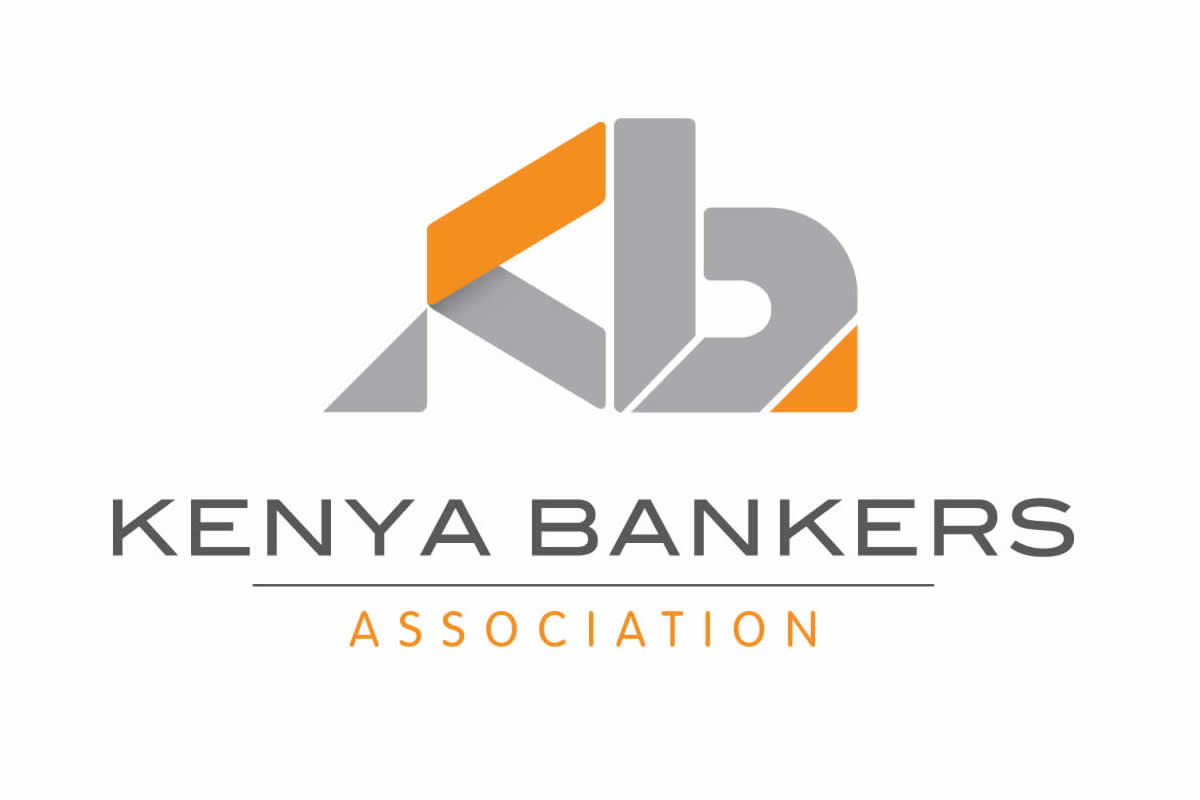- Kenya Bankers Association Completes Three Key Projects In Partnership With Central Bank Of Kenya
Nairobi, 20th February, 2019 – The banking industry through the Kenya Bankers Association has completed three key projects to increase efficiency of the Automated Clearing House, a system that commercial banks utilise to exchange payment files and facilitate the transfer of value between bank customers and commercial clients. Over the years, KBA in partnership with Central Bank of Kenya have invested in modernising the Automated Clearing House (ACH) processes to reduce the time it takes banks to transfer funds electronically, improving liquidity within the banking ecosystem while enhancing security.
Banks transmit, validate and settle cheques, direct debit instructions and electronic funds transfer payments via the ACH system that was introduced in 1997 as a collaboration between KBA and Central Bank. As part of the new enhancements to the system, banks will now centralise direct debit instructions and automate mandate applications. A direct debit is an arrangement made with a bank that allows a third party to directly debit a customer’s account on agreed dates, typically to pay bills.
With the upgrade, mandates for the entire industry will be centrally managed via the ACH, resulting in more accurate mandates, faster processing times and improved security. It is also expected that the seamless integration will increase uptake from customers and service providers, including utility companies and other institutions that bill for services on a recurring basis. To benefit from automated direct debits, service providers can apply at a bank for an originator code which customers will use to authorise the payments.
The second ACH enhancement by KBA is the inclusion of remitter details on all payment files. The capture of this information is increasingly becoming important to banks as it enables banks to immediately identify the payee or remitter of a payment instrument; thus, shortening turnaround times while mitigating disputed transactions and fraud.
The third project is the truncation of foreign currency cheque clearing. Banks clear Kenya Shilling, Pound Sterling, U.S. Dollar and Euro-denominated cheques. Local currency cheques clear on a T+1 cycle with value available to the payee one day after the cheque is presented by the paying bank to the ACH. Foreign currency cheques previously cleared on a seven-work day cycle, which has now been reduced by five days to T+2 or two days after the cheque is presented in the ACH.
“KBA spearheaded the planning, several months of testing and implementation of these three key projects, and we are pleased that banks already are receiving positive feedback from their customers,” said KBA CEO Dr. Habil Olaka. “We are thankful for Central Bank’s oversight and continued support given to the industry,” he said.
The ACH is an important component of Kenya’s National Payments System which includes the Kenya Electronic Payment and Settlement System (KEPSS) that processes Real Time Gross Settlement (RTGS) high-value payments; East African Payment System (EAPS) that enables payments between Kenya, Rwanda, Tanzania and Uganda; and Regional Payment and Settlement System (REPSS) which facilitates payments between countries in the Common Market for Eastern and Southern Africa (COMESA) region.
About the Kenya Bankers Association:
KBA (www.kba.co.ke) was founded on 16th July 1962. Today, KBA is the financial sector’s leading advocacy group and banking industry umbrella body that represents total assets in excess of USD 40 billion. KBA has evolved and broadened its function to include advocacy on behalf of the banking industry and championing financial sector development through strategic projects such as the launch of the industry’s first P2P digital payments platform PesaLink. In line with the Government’s policy on public-private partnerships, KBA and Central Bank of Kenya have implemented key projects such as modernization of the National Payments System through the Automated Clearing House, implementing the Real Time Gross Settlement System (RTGS), and the Kenya Credit Information Sharing Initiative. The KBA members are comprised of commercial banks and deposit taking microfinance banks. For more information, visit www.kba.co.ke.
Media Contact: KBA Director of Communications and Public Affairs, Nuru Mugambi Email: nmugambi@kba.co.ke


